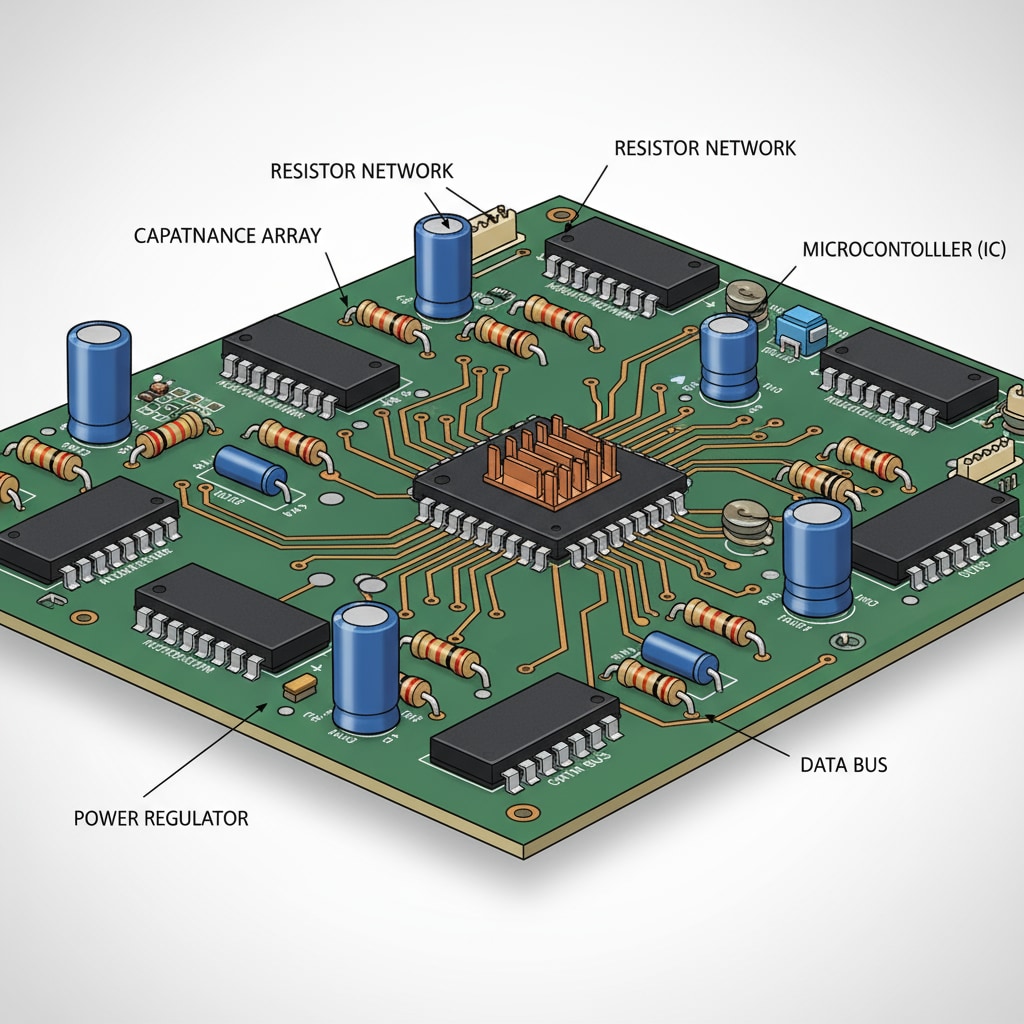Software engineering students often find themselves at a crossroads, considering a shift to hard science majors such as computer engineering or electrical engineering. This major switch can open up new career opportunities and expand their knowledge horizons. In this article, we will explore the feasible paths, challenges, and opportunities associated with this transition, as well as provide practical strategies for achieving a successful career change without pursuing a second bachelor’s degree.

The Allure of Hard Science Majors
Hard science majors like computer engineering and electrical engineering offer a unique blend of theoretical knowledge and hands-on practical skills. For software engineering students, the appeal lies in the opportunity to delve deeper into the hardware aspects of computing systems. For example, computer engineering combines elements of computer science and electrical engineering, allowing students to understand how software interacts with hardware at a fundamental level. This knowledge can be invaluable in fields such as embedded systems development, where software and hardware work in tandem. Computer Engineering on Wikipedia

Challenges of the Transition
Making the switch from software engineering to a hard science major is not without its challenges. One of the primary hurdles is the difference in curriculum. Hard science majors typically require a strong foundation in mathematics, physics, and electrical circuits. Software engineering students may find these subjects more challenging compared to their existing programming-focused courses. Additionally, the practical laboratory work in hard science majors can be a steep learning curve, as it involves hands-on skills such as circuit design and hardware prototyping. However, with dedication and a strategic approach, these challenges can be overcome. Electrical Engineering on Britannica
Opportunities in the Transition
Despite the challenges, there are numerous opportunities for software engineering students who make the switch. The intersection of software and hardware skills is highly sought after in today’s job market. For instance, in the field of artificial intelligence and machine learning, understanding both software algorithms and hardware acceleration techniques can give individuals a competitive edge. Moreover, the demand for professionals who can bridge the gap between software and hardware is on the rise in industries such as automotive, aerospace, and robotics. This transition can lead to exciting career prospects and higher earning potential.
Strategies for a Smooth Transition
To make a successful transition without a second bachelor’s degree, software engineering students can adopt several strategies. First, they can take online courses or attend workshops to gain a basic understanding of the fundamental concepts in hard science fields. Platforms like Coursera and edX offer a wide range of courses in subjects such as electrical circuits, digital logic, and computer architecture. Second, seeking internships or part-time jobs in relevant industries can provide valuable hands-on experience. This practical exposure will not only enhance their skills but also demonstrate their commitment and ability to potential employers. Finally, networking with professionals in the hard science fields can open doors to new opportunities and provide valuable insights into the industry.
Readability guidance: By following these strategies, software engineering students can overcome the challenges and capitalize on the opportunities presented by the transition to hard science majors. Remember, a successful career change requires determination, continuous learning, and a willingness to step out of one’s comfort zone. With the right approach, the switch from software engineering to a hard science major can be a rewarding and fulfilling journey.


